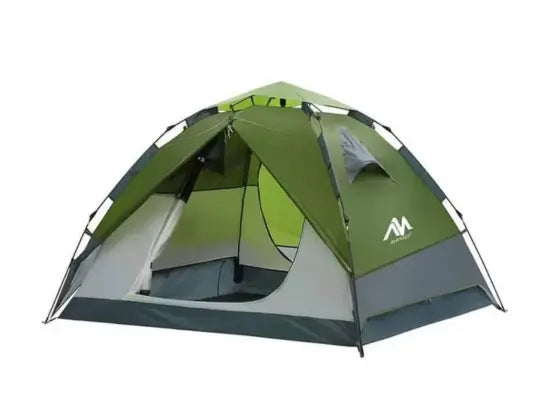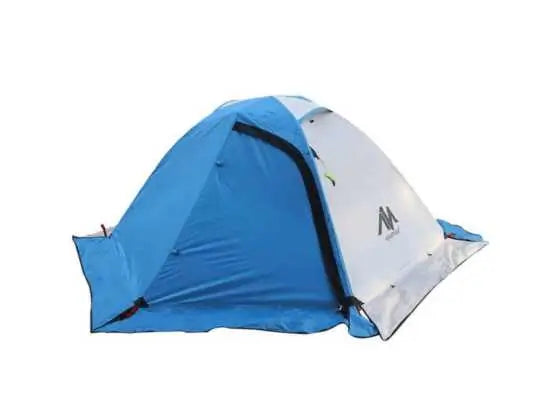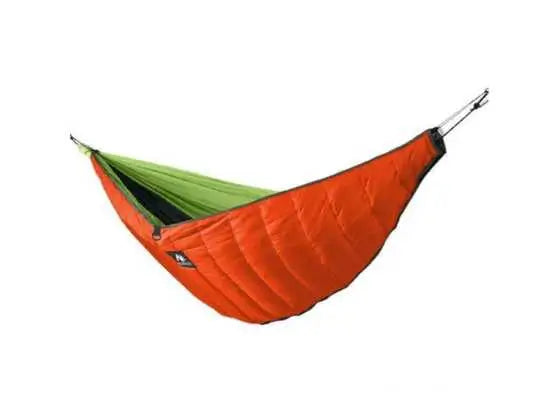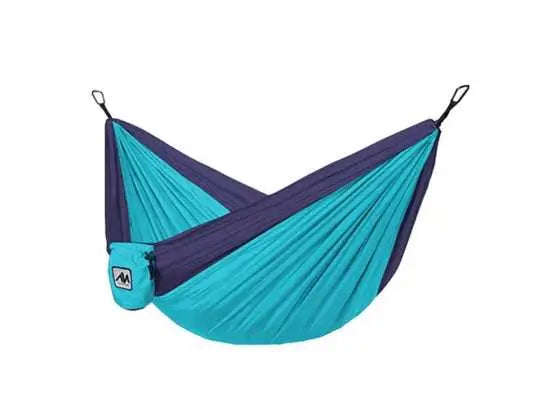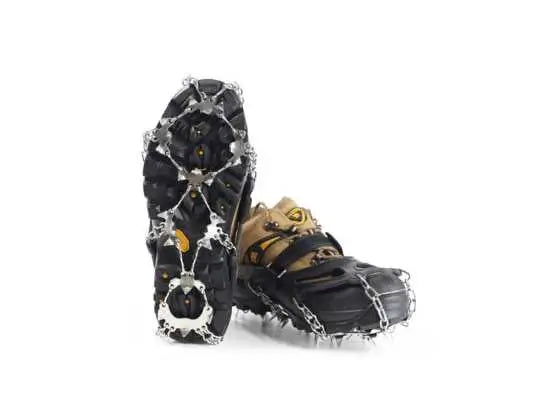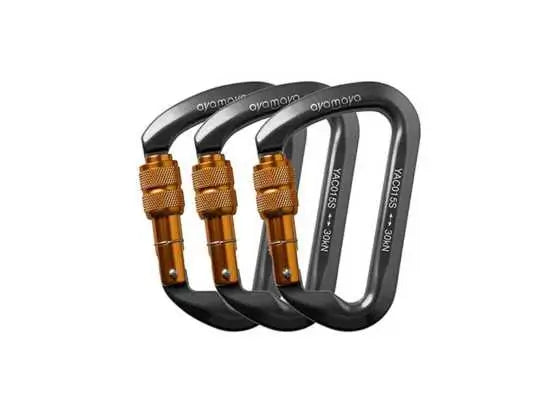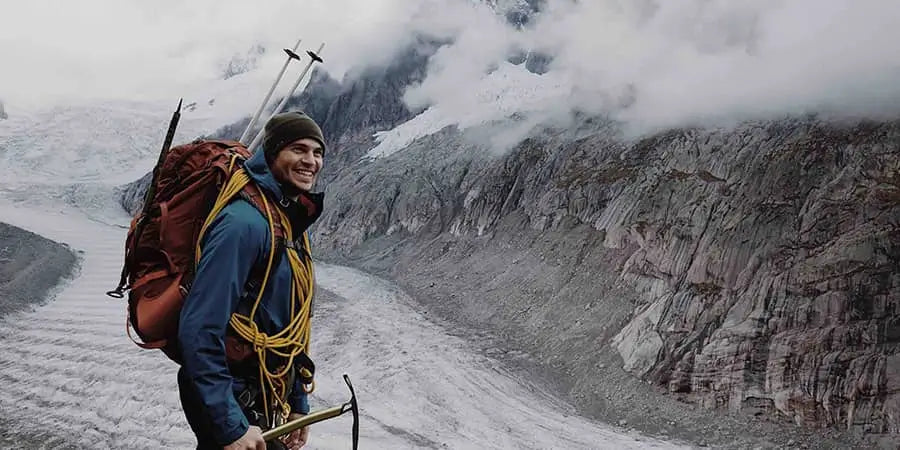Backpacking is a fun and exciting way to explore the great outdoors. Whether you're hiking in the mountains, camping in a national park, or just spending a night under the stars, having the right gear is essential. One of the most important pieces of gear for any backpacker is a lightweight and durable backpacking tent. In this post, we'll take a closer look at lightweight backpacking tents, their features and benefits, and provide tips on how to choose the perfect tent for your next adventure.
Types of Tents
When it comes to choosing a lightweight backpacking tent, there are several types to choose from. Here are some of the most common types:

- Ultralight Tents: Ultralight tents are designed for backpackers who want to minimize the weight of their gear. These tents are made with lightweight materials like nylon, and are compact and easy to carry in a backpack.
- Two Person Tents for Camping: Two person tents are designed for two people and their gear. They are still lightweight and easy to carry, but provide a bit more space than a one person tent.
- Four Season Tents: Four season tents are designed for use in all seasons, including winter. They are made with sturdy materials like nylon and have a strong frame to withstand high winds and heavy snow loads.
- Hiking Tents: Hiking tents are designed for use on hiking trips, and are typically lightweight and easy to set up. They are designed to be carried in a backpack, so they are compact and lightweight.
Features and Benefits
When choosing a lightweight backpacking tent, there are several features and benefits to consider. Here are some of the most important ones
- Size: The size of your tent is important, as it will determine how many people and how much gear you can fit inside. Make sure to choose a tent that is large enough to accommodate your needs.
- Weight: The weight of your tent is also important, especially if you will be carrying it in a backpack. Choose a tent that is lightweight and easy to carry.
- Durability: Your tent should be made with strong and durable materials that can withstand the elements and normal wear and tear. Look for tents made with nylon or other strong materials.
- Weather Resistance: Your tent should be designed to withstand the weather conditions you will encounter on your trip. Look for tents that are waterproof, windproof, and can withstand heavy snow loads.
- Ventilation: Your tent should have adequate ventilation to prevent condensation and keep the air inside fresh. Look for tents with mesh windows and doors for good airflow.
- Ease of Setup: Your tent should be easy to set up, especially if you will be setting it up in difficult terrain or in bad weather conditions.
- Comfort: Your tent should be comfortable to sleep in, with enough space to stretch out and move around. Look for tents with good headroom and enough space to store your gear.
- Packability: Your tent should be easy to pack and carry in your backpack. Look for tents that are lightweight and can be compressed down to a small size.
Tent Repair and Maintenance
Taking care of your tent is important to ensure it lasts for many trips to come. Here are some tips for tent repair and maintenance:
- Check for tears or holes in the fabric and repair them promptly.
- Keep your tent clean and dry to prevent mold and mildew from forming.
- Store your tent in a dry, cool place to prevent damage from sunlight and heat.
- Always follow the manufacturer's instructions for care and maintenance.

